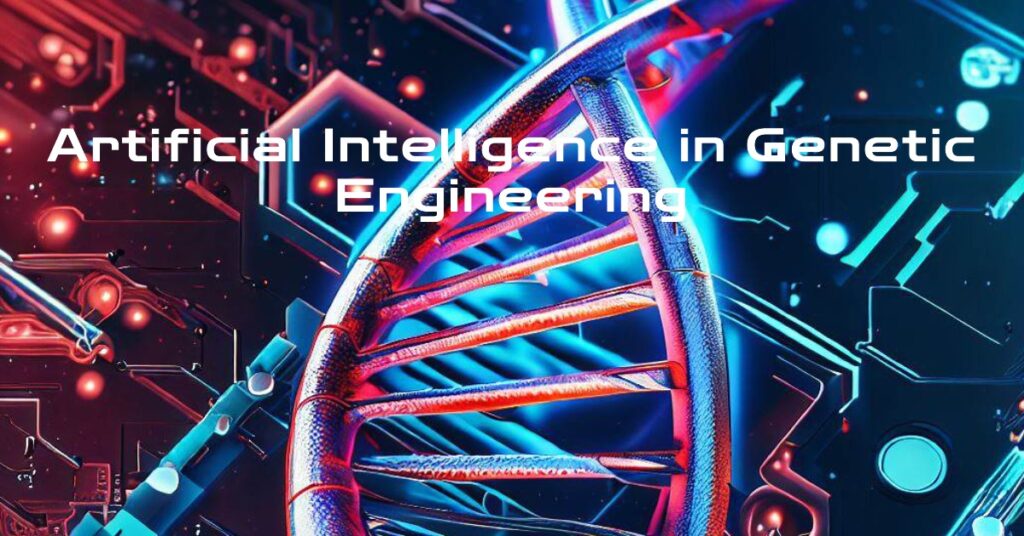The Role of Artificial Intelligence in Genetic Engineering
Artificial intelligence (AI) has emerged as a powerful tool revolutionizing various fields, and genetic engineering is no exception. The combination of AI and genetic engineering holds immense potential for advancements in research, diagnostics, and treatment. In this article, we will explore how AI can be utilized in the field of genetic engineering and its impact on the future of biology.
1. Enhanced Data Analysis and Interpretation
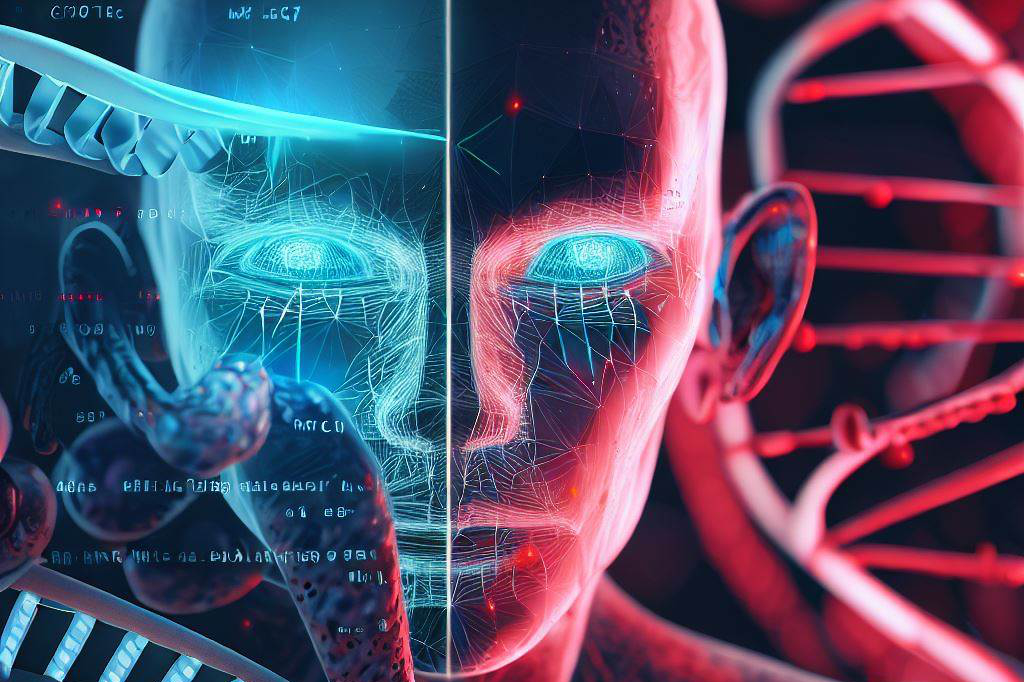
Genetic engineering involves the manipulation and modification of genetic material to achieve desired outcomes. With the vast amount of genetic data available, AI algorithms can streamline data analysis and interpretation, making it faster and more accurate. AI-powered tools can identify patterns, predict gene functions, and identify potential genetic variations associated with diseases. This accelerates the discovery of new therapeutic targets and provides valuable insights into complex genetic interactions.
2. Precision Medicine and Personalized Treatments
AI algorithms can analyze large-scale genomic data and patient records to identify patterns and correlations. This enables the development of personalized treatment plans tailored to an individual’s genetic makeup. By combining genetic information with clinical data, AI can assist in predicting disease risks, selecting optimal treatment options, and monitoring treatment responses. Precision medicine empowered by AI can lead to more effective and targeted therapies, improving patient outcomes.
3. Gene Editing and CRISPR Technology
AI plays a crucial role in enhancing gene editing techniques, such as CRISPR-Cas9. AI algorithms can predict the efficiency and specificity of CRISPR-based gene editing, optimizing the design and delivery of genetic modifications. By analyzing vast genetic datasets, AI can help identify potential off-target effects and increase the precision of gene editing processes. This paves the way for safer and more reliable gene therapies with reduced risks of unintended consequences.
4. Drug Discovery and Development
The traditional process of drug discovery and development is time-consuming and expensive. AI algorithms can significantly speed up this process by analyzing vast amounts of genetic and chemical data. AI can predict the biological activity of compounds, identify potential drug targets, and optimize drug candidates. This enables researchers to identify promising drug candidates more efficiently and accelerate the development of new treatments for various genetic disorders.
5. Disease Diagnosis and Prognosis
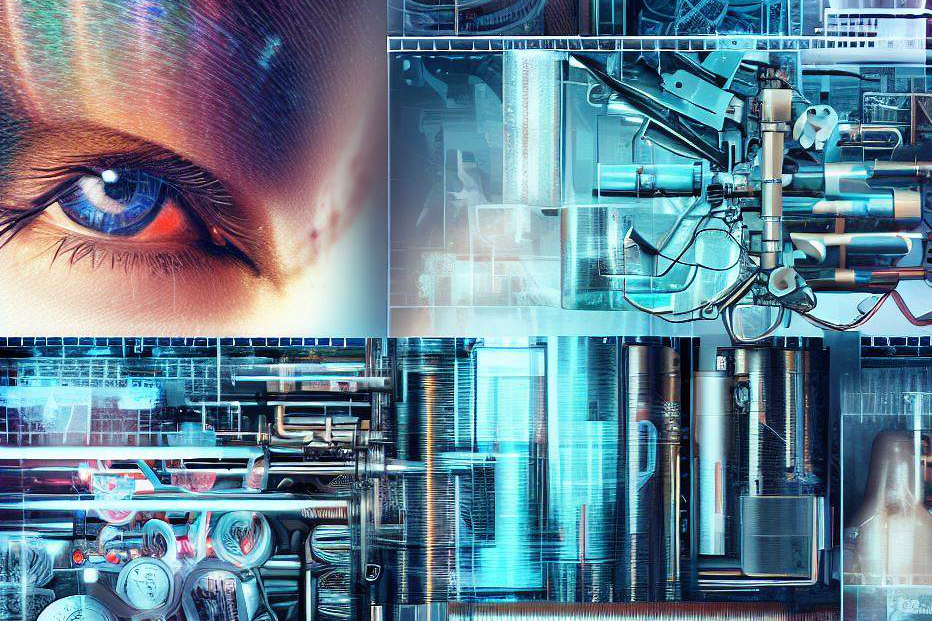
AI algorithms can analyze complex genetic data, medical imaging, and patient records to aid in disease diagnosis and prognosis. By recognizing patterns and correlations, AI systems can assist in early detection and prediction of diseases. For example, AI can help identify genetic markers associated with cancer, neurodegenerative disorders, or rare genetic conditions. Early diagnosis facilitated by AI can lead to timely interventions and improved patient outcomes.
6. Ethical Considerations and Regulatory Frameworks
As AI becomes increasingly integrated into genetic engineering, ethical considerations and regulatory frameworks become paramount. The responsible and ethical use of AI in genetic engineering requires addressing privacy concerns, informed consent, data security, and potential biases in algorithmic decision-making. Collaboration between scientists, policymakers, and ethicists is essential to develop guidelines and ensure that AI-driven genetic engineering practices adhere to ethical standards.
7. Enhanced Research and Data Integration
AI can streamline research processes in genetic engineering by integrating data from various sources. By analyzing large-scale genomic datasets, scientific literature, and experimental results, AI algorithms can identify new genetic associations, validate hypotheses, and guide researchers towards breakthrough discoveries. This accelerates the pace of genetic research, leading to a deeper understanding of genetic mechanisms and potential treatment targets.
8. Agricultural Advancements and Crop Improvement
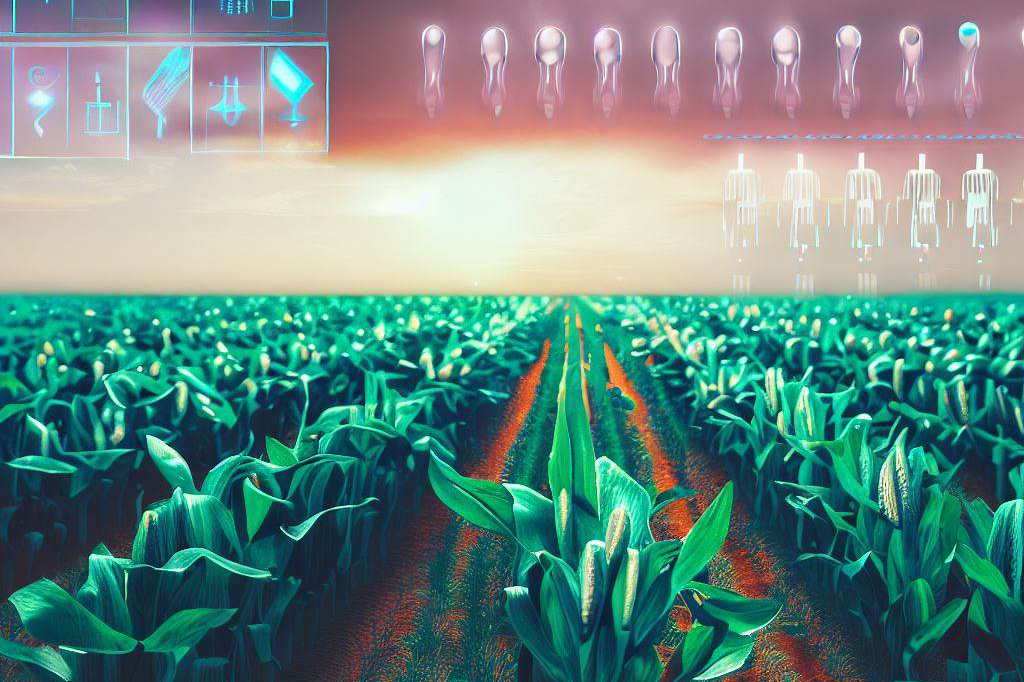
The application of AI in genetic engineering extends beyond human health to the realm of agriculture. AI algorithms can analyze plant genomes and predict traits that influence crop yield, disease resistance, and environmental adaptability. By understanding the genetic makeup of crops, AI can aid in the development of genetically modified organisms (GMOs) that have improved characteristics, such as increased nutritional value or drought tolerance. This has the potential to address global food security challenges and contribute to sustainable agriculture practices.
9. Bioinformatics and Genome Sequencing
AI plays a crucial role in bioinformatics, a field that combines biology, computer science, and statistics to analyze and interpret biological data. AI algorithms can efficiently process and analyze large-scale genome sequencing data, identifying genetic variations, and detecting potential disease-causing mutations. By automating repetitive tasks and improving data analysis accuracy, AI accelerates the process of genome sequencing and enables researchers to gain valuable insights into the genetic basis of diseases.
10. Regulatory Compliance and Safety
AI can assist in ensuring regulatory compliance and safety in genetic engineering practices. By analyzing genetic data, AI algorithms can help identify potential risks and assess the safety of genetically modified organisms. This aids in the development of robust risk assessment frameworks and regulatory guidelines to ensure the responsible use of genetic engineering technologies. AI can also contribute to monitoring and detecting any unintended environmental or health impacts that may arise from genetic engineering applications.
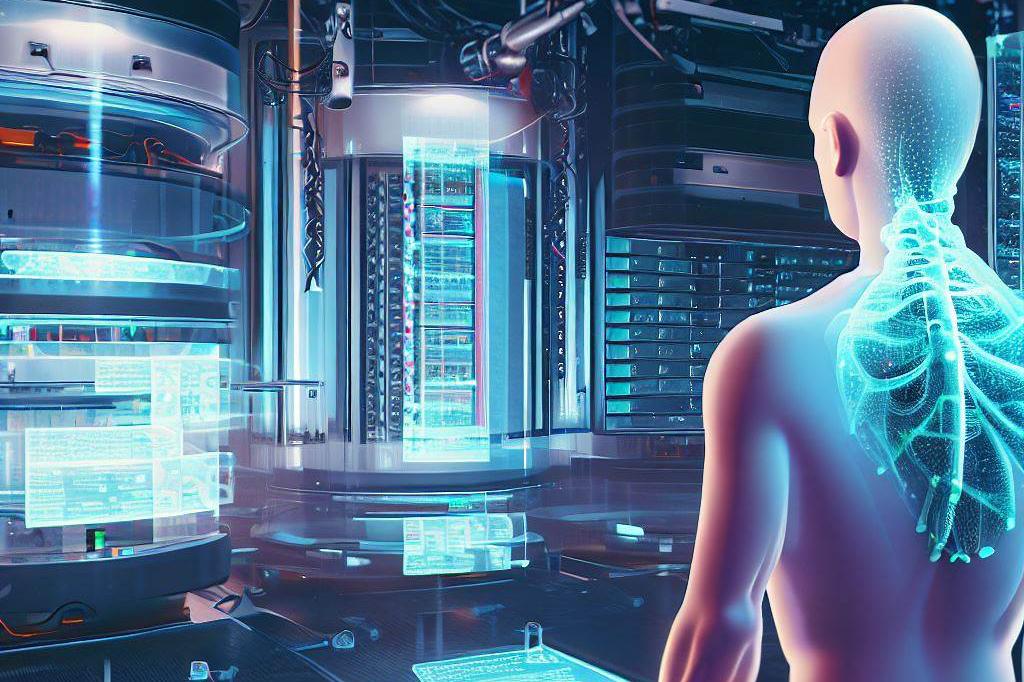
As the field of genetic engineering continues to advance, the integration of AI holds immense potential for transformative breakthroughs. From personalized medicine to sustainable agriculture and enhanced research capabilities, AI empowers scientists, researchers, and healthcare professionals to unlock the mysteries of genetics and drive innovation.
In embracing the collaboration between AI and genetic engineering, it is crucial to foster interdisciplinary dialogue, encourage transparency, and prioritize ethical considerations. This includes addressing potential biases in AI algorithms, safeguarding data privacy, and ensuring equitable access to AI-driven genetic engineering technologies.
By leveraging the power of AI while upholding ethical principles, we can harness the full potential of genetic engineering to improve human health, enhance agriculture, and pave the way for a more sustainable future.
The convergence of AI and genetic engineering offers unprecedented opportunities for advancements, but it is our responsibility to navigate this path with care and integrity, ensuring that the benefits are realized while mitigating potential risks. Together, we can shape a future where AI-driven genetic engineering contributes to the betterment of society and the well-being of all.

C M, a seasoned editor, journalist, and consultant, is deeply fascinated by the convergence of technology, space, and the future of humanity.
With a particular interest in transhumanism, futurology, and the philosophical and ethical dimensions of these domains, C M serves as the lead contributor to TranscendSphere and SpaceSpotlight.
When not penning insightful articles on these rapidly evolving fields, C M indulges in their love for podcasts and books, proudly embracing their status as a ‘Happy Nerd Extraordinaire!’

